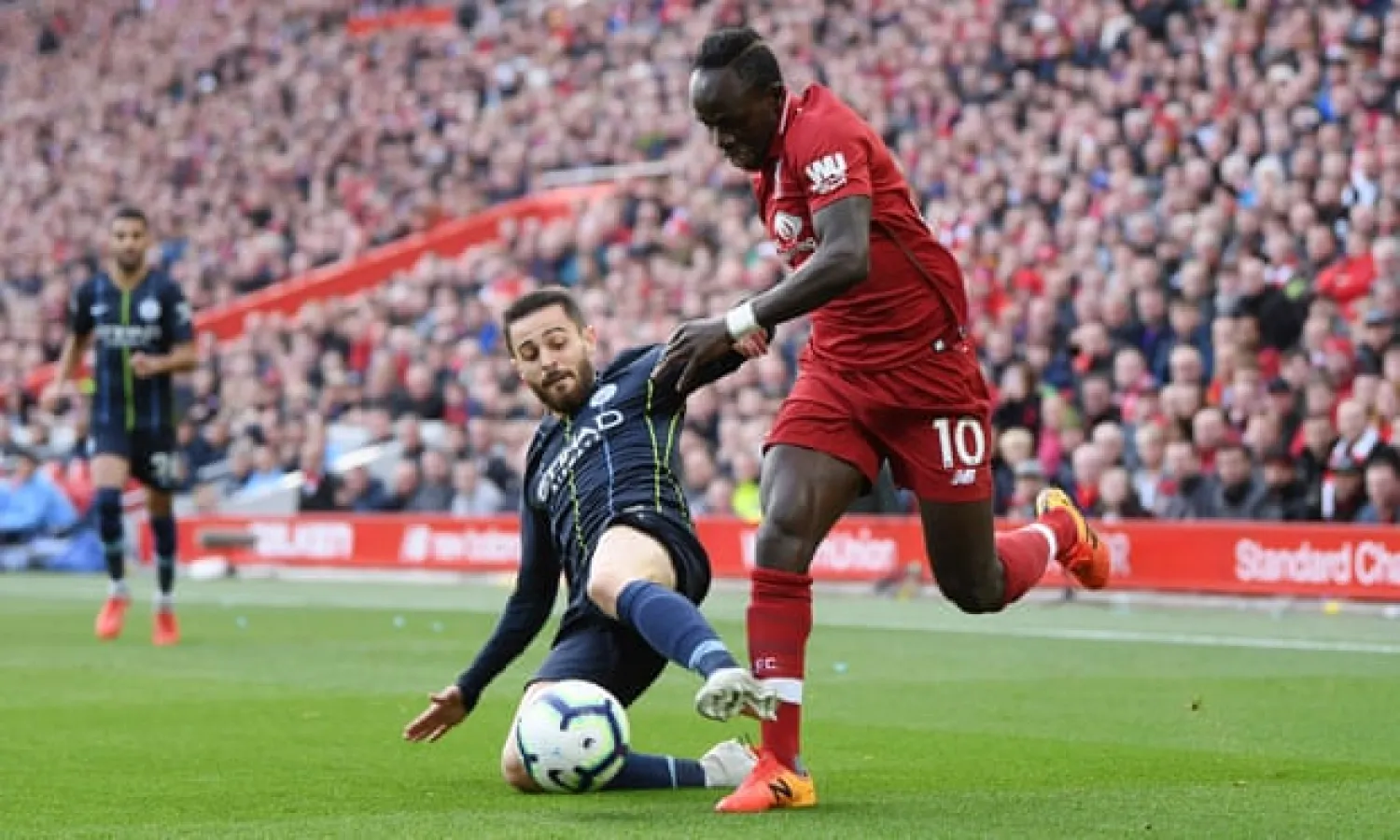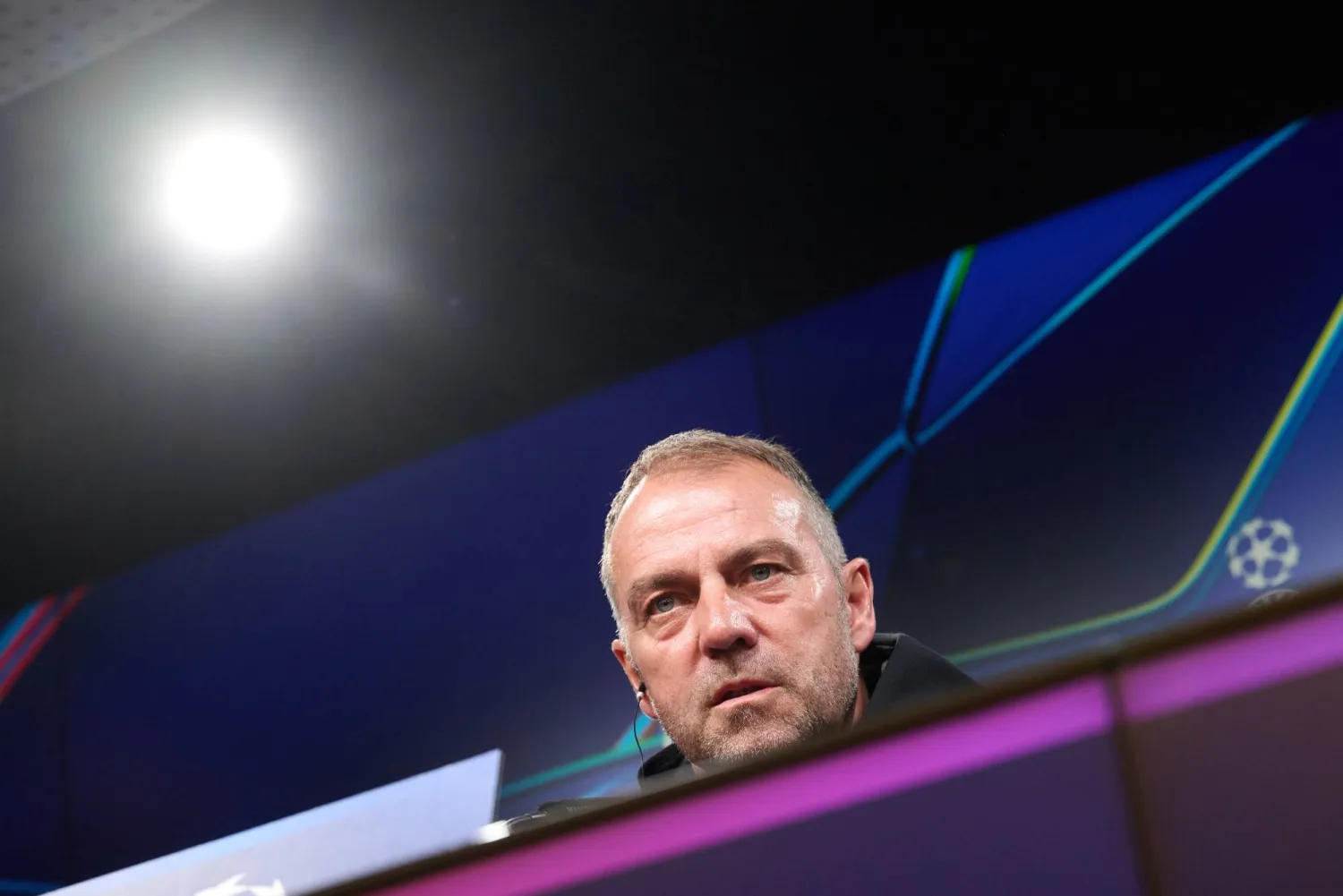Football changed in 2008: Pep Guardiola became the manager of Barcelona. Football had been evolving anyway. There had been amendments to the laws to encourage more technical, attacking football (the backpass law, the liberalisation of offside, the crackdown on intimidatory tackling). There had been changes to the economics such that the gulf between rich and poor had grown.
But what Guardiola achieved at Barcelona with a supreme generation of players shifted the parameters of what was believed to be possible. It is that philosophy that continues to guide him and has underlain Manchester City’s success over the past two seasons.
On the very odd occasions when things go against his side, Guardiola can be prickly about that. “I won 21 titles in seven years: three titles per year playing in this way,” he said in his trophyless first season in England. “I’m sorry, guys. I’m not going to change.” It is true in the broadest sense but manifestly false on a more macro level. Guardiola is renowned for the research he does into opponents: he is forever striding through Martí Perarnau’s books, clutching portfolios of information about his opponents – what would be the point of that if he didn’t act upon it?
There was evidence of that even against Brighton on Sunday. Chris Hughton’s side had won only two of their previous 17 games. City had already beaten them twice this season. Yet Guardiola did not just opt for the same again but instead set up in a strange 4-4-1-1 with Raheem Sterling operating as a second striker and Bernardo Silva and Riyad Mahrez as wide midfielders.
Perhaps that was a response to the FA Cup semi-final, when Brighton had managed largely to hold City at arm’s length (although only after going 1-0 down), perhaps it was in expectation of Brighton, who had let in only three goals in their previous four games, putting up the shutters and hoping to see out the storm, and Guardiola wanted to disrupt their marking structures.
As it was, Brighton played with the freedom of the reprieved and City, having made few inroads, with Sterling in particular seeming ineffective in his central role, ended up switching back soon enough to a more familiar 4-3-3.
That has been the base, as it always has been for Guardiola, as it usually has been for teams who follow the total football template. The width offered by the two wingers is essential in spreading the play. In that regard, this season was more of the same. There was more Bernardo Silva and less Kevin De Bruyne (largely because of injury), Sterling was even more potent attacking from the flank, and John Stones yielded to Aymeric Laporte but fundamentally this was City in the same old routine.
Pass completion rate was 89.0%, the same as last season. Possession fell slightly, from 66.4% to 64.0%, but shots per game against shots conceded per game improved from 17.5-6.2 to 18-6.3. There were two fewer points and 11 fewer goals scored but there were also two fewer goals conceded.
There was also a sense this season of City regularly playing within themselves. Their games, certainly in the second half of the season when they dropped only three points, tended to follow a pattern: they would take the lead and then, rather than chasing big scores, revelling in their virtuosity, they preferred control.
In 16 games this season, City went ahead within the first 15 minutes; only one of those – the away defeat at Newcastle – did they not win. After that Newcastle game, City kept 10 clean sheets in 14 games. Control became their defining quality. Guardiola may have changed in other ways but he still does not coach the tackles: again, City lie bottom of the tackles per game table this season.
That, as much as a sense of familiarity, perhaps explains why City’s football seems to have left some observers cold this season: certainly it is not as obviously exciting as the turbulence of so many of Liverpool’s games.
But that is not Guardiola’s concern: his job is to win, and he kept on doing that. The irony is that strike and control was Liverpool’s method through the glory days of Bill Shankly and Bob Paisley. City, aided by the financial structures of the modern game have taken that to new extremes: their run of 14 straight victories to claim the title on the final day is the second-longest winning streak in Premier League history – behind only City’s own run of 18 last season.
But perhaps the most telling moment of the season came last October when City went to Anfield where they had lost 4-3 and 3-0 the previous season in the league and Champions League respectively. The 4-3-3 was gone, at least without the ball, and in its place came a 4-4-1-1 with Sterling and Mahrez tucking in and David Silva operating as a second striker and Kyle Walker often functioning as a de facto third central defender. Guys, I’m not going to change? Well, perhaps just this once, against his closest rivals.
The expected thrill-a-minute ding-dong failed to materialise but City successfully thwarted Liverpool and would have won had Mahrez not missed a late penalty. As it was, the draw could be seen as the result that won the title. More of the same, but with a dose of added pragmatism.
The Guardian Sport









